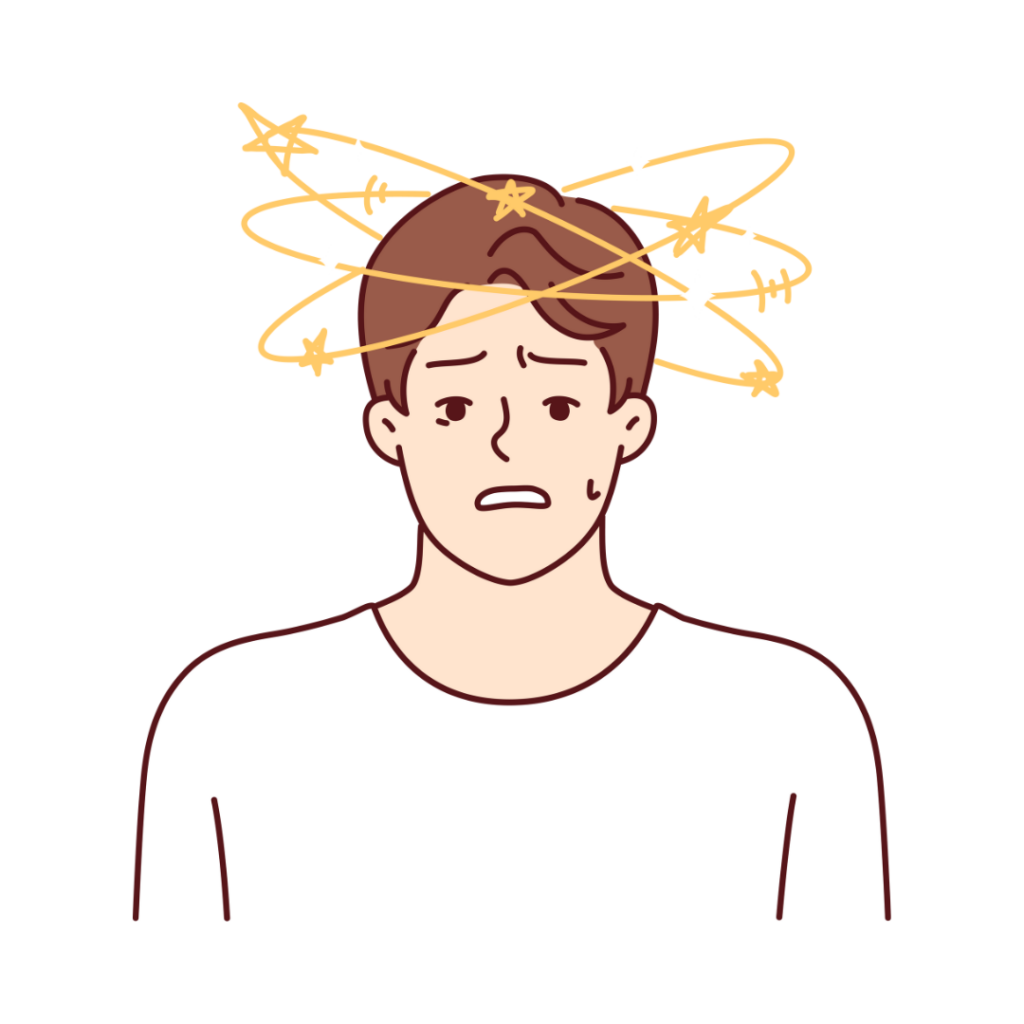Are you interested in participating in a Balance study?
We’re looking for participants to take part in our study of people with post-concussion syndrome. We’ll be examining the effects of brain stimulation and balance training on dizziness and postural stability.
Are you Eligible?
Must be:
- 18-65 years of age
- Concussion longer than 3 months
- Experiencing dizziness or vertigo

For more information about this study, please contact:
Daniel Soppitt (soppittd@mcmaster.ca)
What are we exploring?
Does 14 days of brain stimulation and balance training affect dizziness and postural stability in individuals with post-concussive dizziness?
Why Should You Participate?
This study will be the first of its kind to explore brain stimulation paired with balance training in post-concussive dizziness!
What will happen during your visits?
Locations:
Sessions will run at either McMaster University or Greenbank Concussion Clinic
Real vs Sham:
Participants will be randomized (50/50) to receive either REAL or SHAM* brain stimulation.
*SHAM brain stimulation sounds and feels like REAL, but does not actually stimulate the brain.
16 Total Visits:
14 sessions of rTMS + AR balance training (1 hour each)
2 assessment visits measuring concussion symptoms like dizziness (2 hours each)
You may opt into a blood draw to examine inflammation and potential biomarkers of dizziness.
Compensation:
A parking pass or up to $12 for transportation for each visit will be provided.
About transcranial magnetic stimulation:
Repetitive transcranial magnetic stimulation (rTMS) is non-invasive brain stimulation. rTMS delivers magnetic pulses to the brain. The magnetic pulses stimulate neurons and change brain activity.
rTMS has a tapping-like sensation and is not painful.
rTMS sounds like clicking.

rTMS and concussions:
rTMS delivered over the motor cortex (M1), responsible for movement, may improve balance training and post-concussion symptoms.

About our new Augmented Reality Balance Training:
This study involves a form of balance training presented through augmented reality glasses. Augmented reality projects interactive virtual objects onto the user’s environment.

This study has been reviewed by, and received ethics clearance by the Hamilton Integrated Research Ethics Board (HIREB) under project #17699.